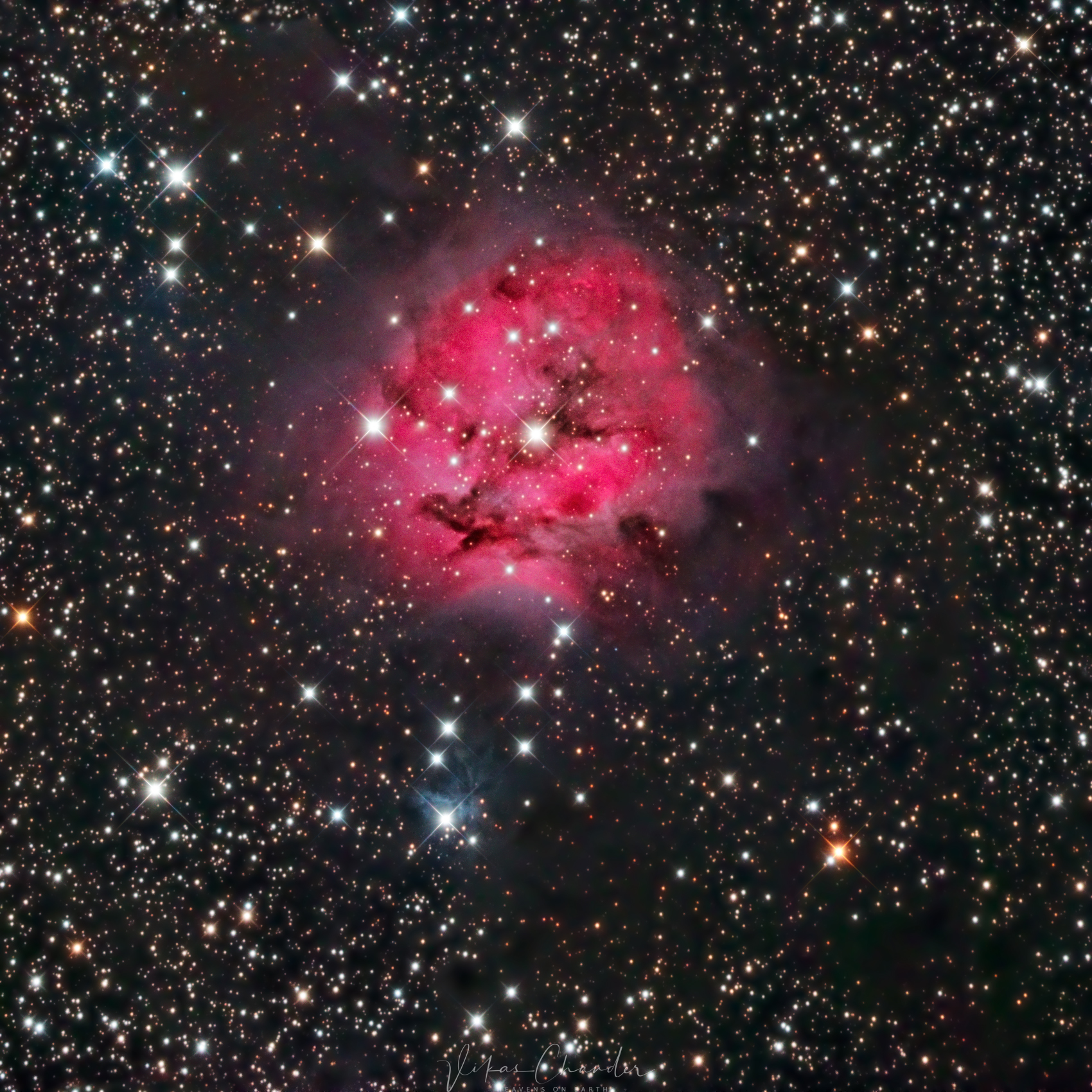Hi, finally got down to processing a data set from this pier.....

Steve, Thank you for explaining exactly what the options are. It's now up to us to decide but I'll leave myself out of this right now as I simply don't have the level of understanding of some of the others on cmos binning. I'd certainly be agreeable to permanent 1x1 binning if it will have no effect on narrowband integration times. So can anyone confirm that. Cheers, RayRay raises a good point, so I would suggest 3 types of images Broadband galaxy broadband nebula with a starfield narrowband HOS image This way I think you will be able to make an informed decision based on different types of data and signal strengths